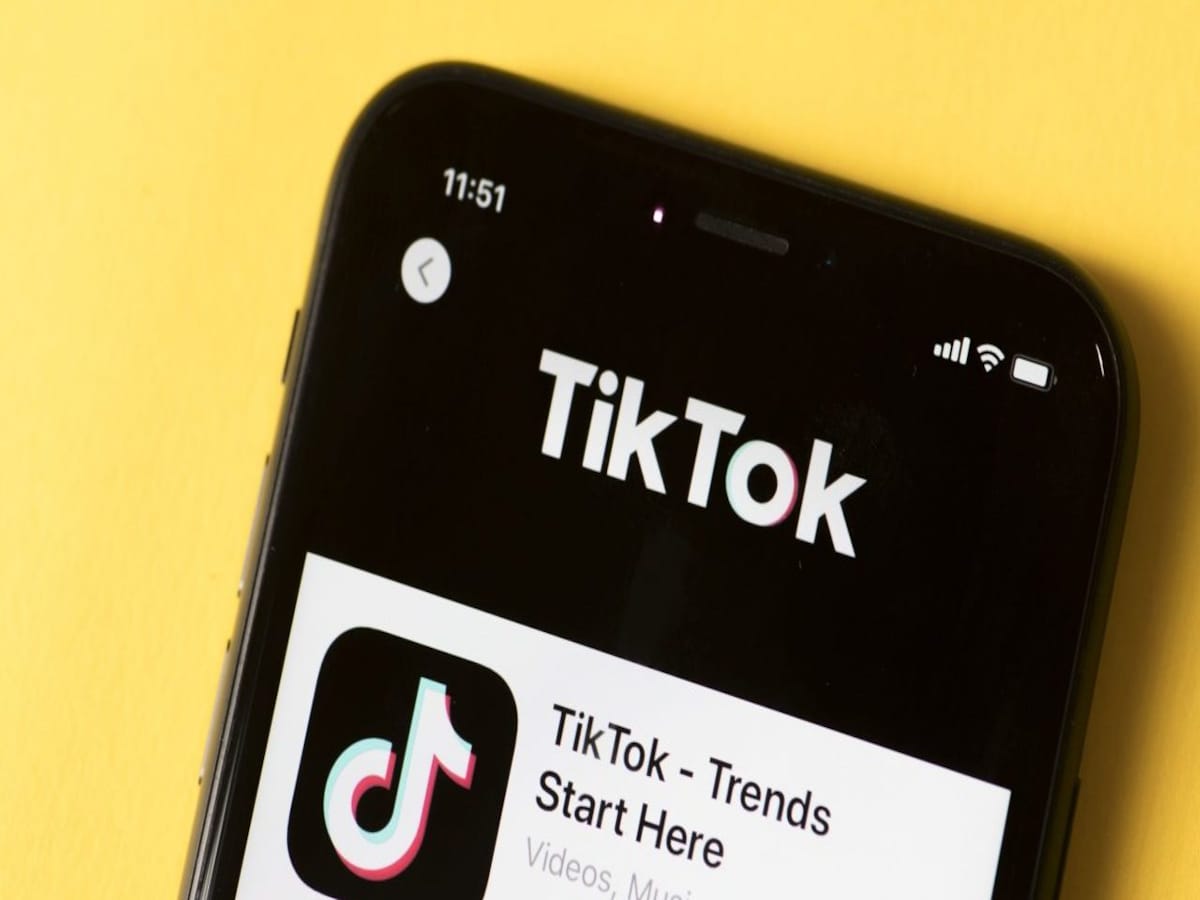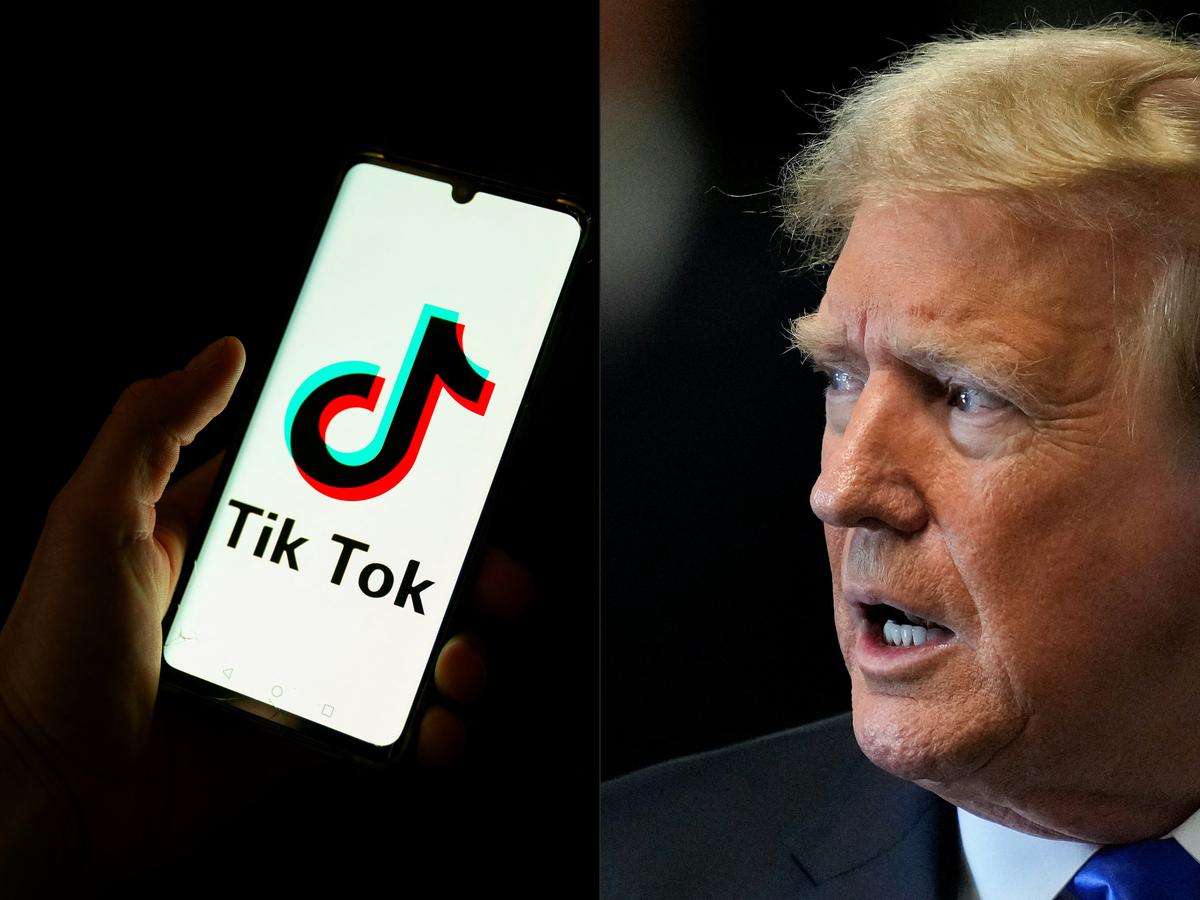US Wants to Ban TikTok App, Why? Check List of Allegations
A US federal appeals court has upheld the mandate requiring ByteDance, the parent company of TikTok, to divest its US operations by the end of 2024 or face a ban. With over 170 million American users, TikTok has become a cornerstone of digital entertainment and social media, but concerns about its ties to the Chinese government have sparked intense scrutiny.

National Security Concerns Over Data Sharing
TikTok’s potential to serve as a national security risk remains a contentious issue. FBI Director Chris Wray and other officials have raised alarms over the Chinese government’s ability to exploit ByteDance through laws mandating information sharing. These fears stem from TikTok’s vast user base and the extensive data it collects, including personal information, usage patterns, and device access.
The algorithm powering TikTok is another focal point of concern. National Security Agency (NSA) Director Paul Nakasone highlighted its ability to shape user behavior and potentially serve as a tool for influence operations. Critics argue that this could allow the Chinese government to manipulate public opinion or even “turn off the message” on politically sensitive topics.
Despite these allegations, TikTok maintains that its recommendation algorithms are immune to external influence, and no government has ever had access to user data. The company insists it operates under US laws, as it is incorporated in Delaware and California.
ByteDance and the Chinese Government’s Role
ByteDance’s connection to the Chinese government has fueled bipartisan concerns in the US. A significant point of contention is the Chinese government’s “golden share” in ByteDance, which critics claim could extend control over TikTok. ByteDance denies this, asserting that the stake is limited to its subsidiary, Douyin Information Service, and does not affect TikTok’s global operations. Lawmakers worry that China’s 2017 National Intelligence Law could compel ByteDance to share data collected by TikTok. TikTok’s CEO has repeatedly denied this, stating that no user data belonging to Americans has been or will be shared with the Chinese government.
Impact on Children’s Mental Health
In addition to national security issues, TikTok has faced growing criticism over its impact on children’s mental health. In March 2022, several US states, including California and Massachusetts, launched investigations into whether TikTok’s algorithms harm young users by increasing screen time and promoting unhealthy behaviors.
TikTok has responded by implementing measures to safeguard younger users, such as time restrictions and curated content for teens. However, critics argue that these measures do not adequately address the platform’s addictive nature and potential negative effects on mental health.

As the deadline for ByteDance to sell TikTok’s US operations looms, the debate over the app’s role in national security and its societal impact continues. While TikTok asserts its independence and compliance with US laws, skepticism from lawmakers and regulators persists. The coming months will determine whether the platform can navigate these challenges or face an unprecedented ban in the United States.


Comments are closed, but trackbacks and pingbacks are open.